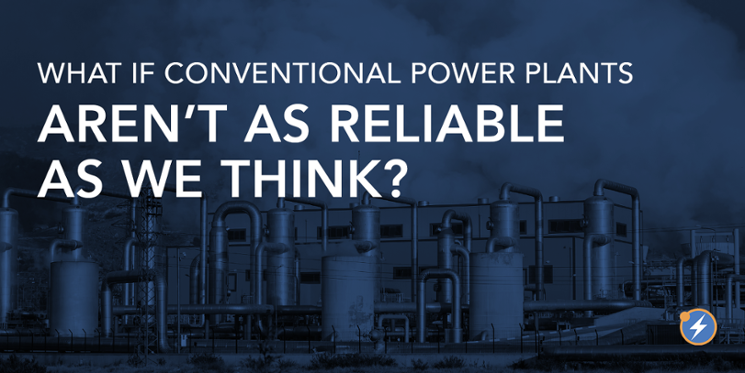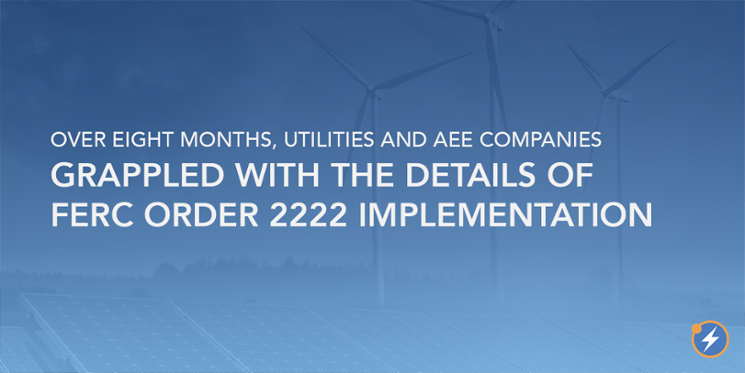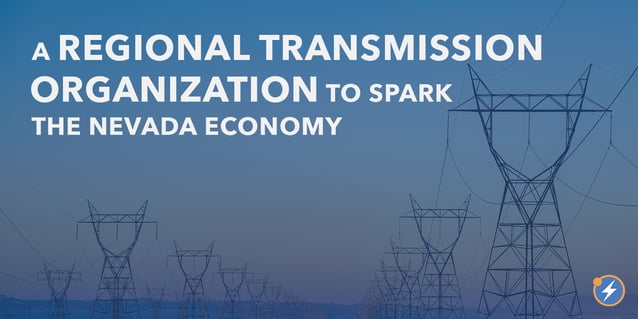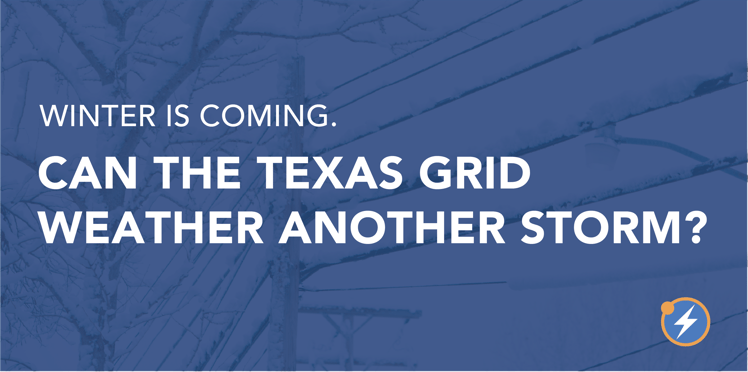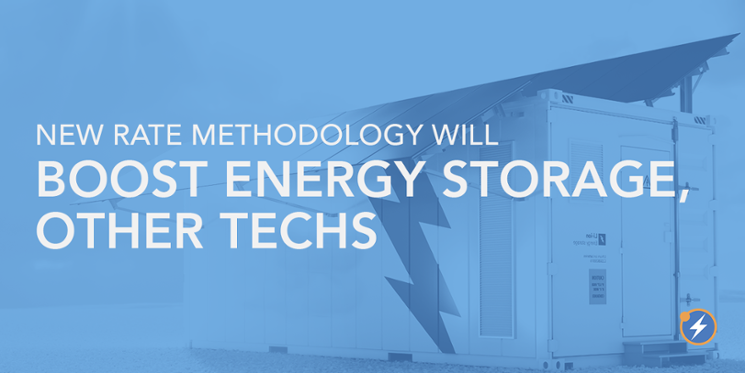
On March 16, the New York Public Service Commission quietly adopted a significant advancement in rate design. It did so as a result of a long proceeding on standby and buyback rates, in which AEE argued that owners of distributed generation not eligible for net metering (such as standalone storage facilities and institutions with combined-heat-and-power systems) were being overcharged for the customer-specific components of those rates. While the PSC action seemingly addressed a technical matter, the impact is a big win for advanced energy in New York, as it will lead to new rates much more favorable for a range of distributed energy resources (DERs).
